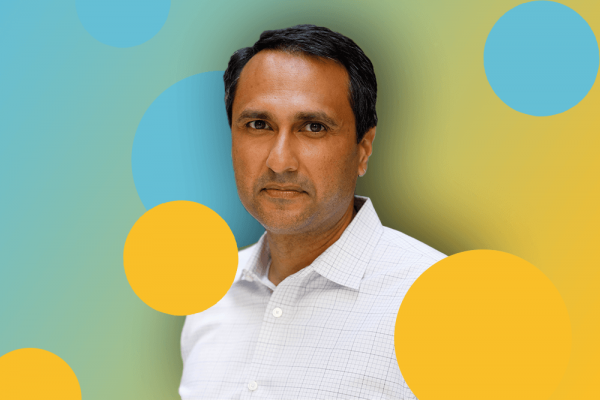Jun 22, 2022
In his new book, We Need to Build, Patel seeks to inspire others to build with him instead of just criticizing policies and structures they dislike. The book draws on Patel’s work with Interfaith America and considers what we can learn from good (and bad) institutions across the globe.
Read the Full Article

Already a subscriber? Login
